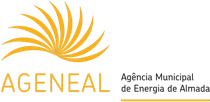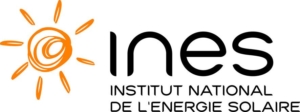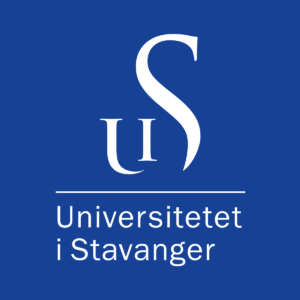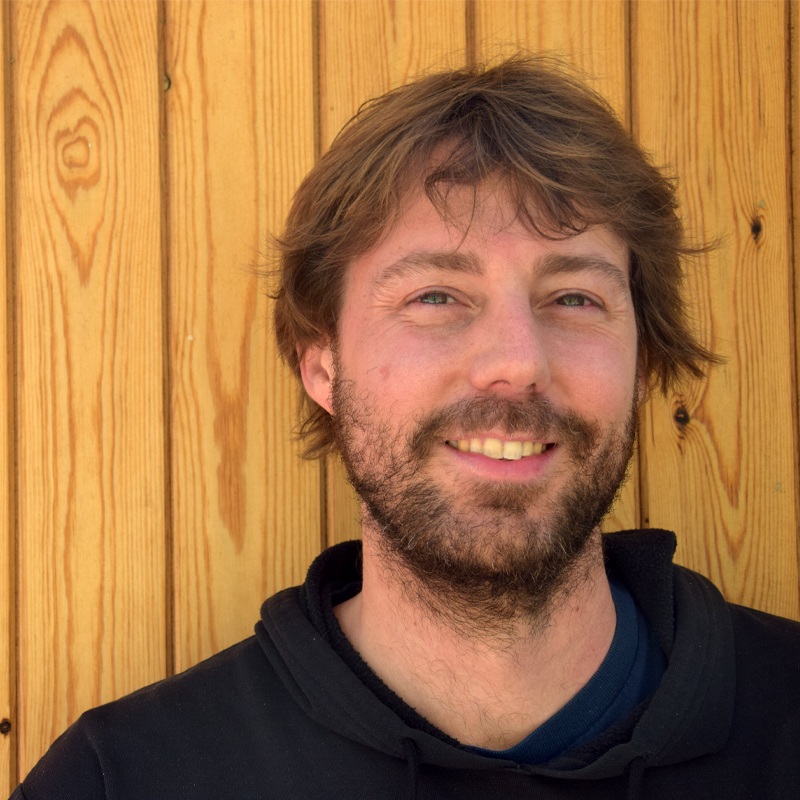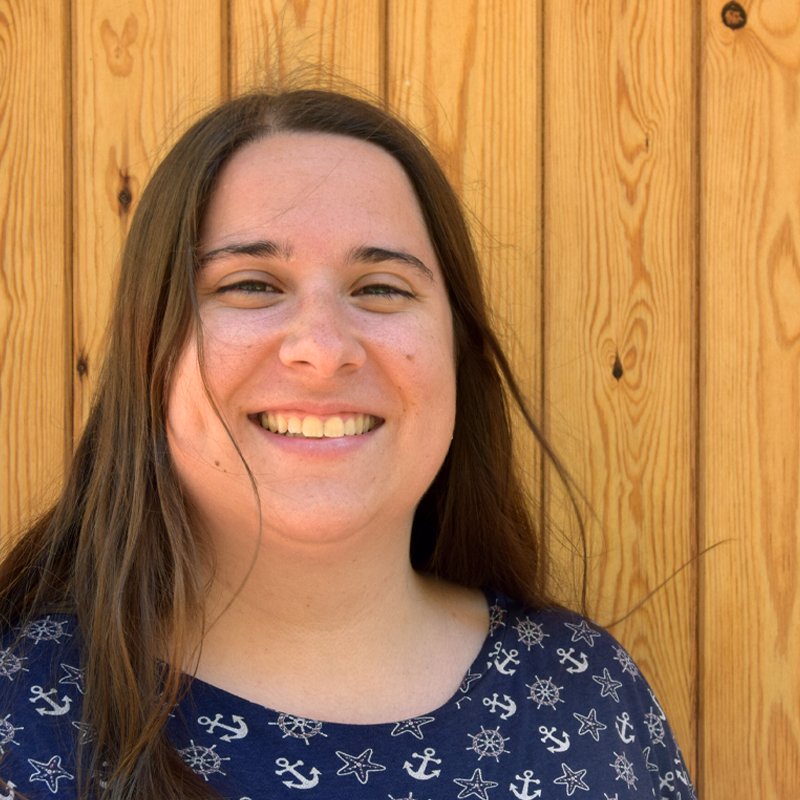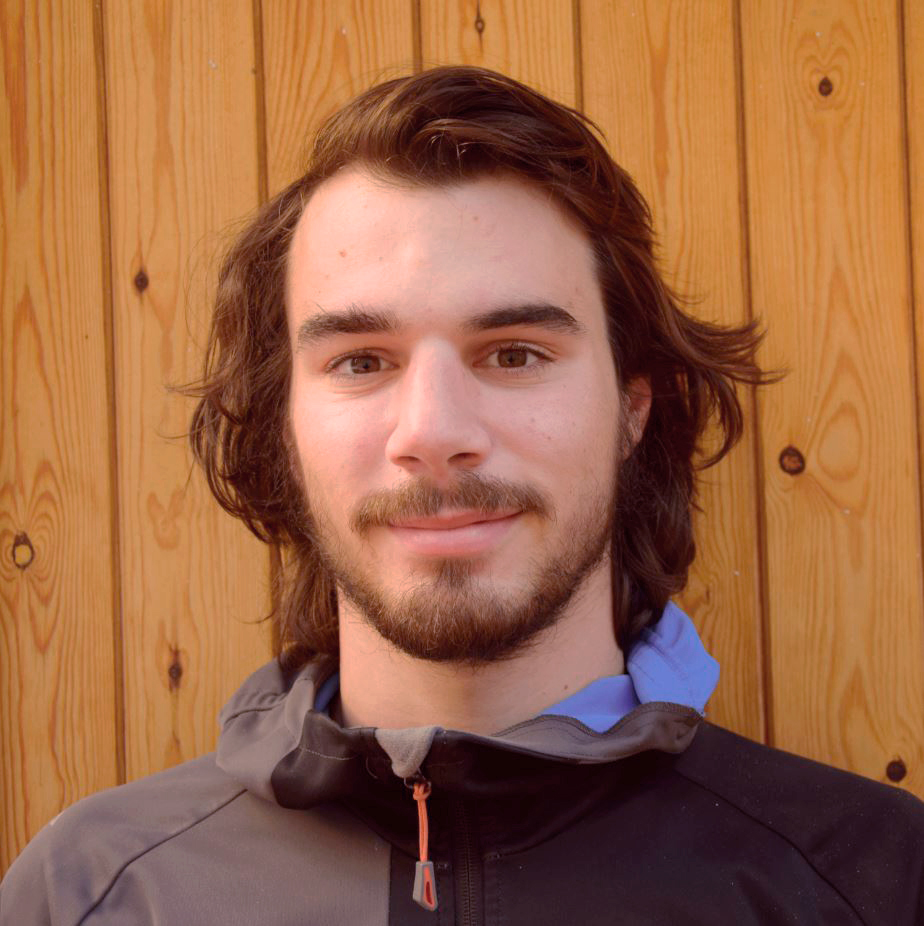
- The project is addressed to vulnerable families of the different pilot regions: Barcelona (ES), Communauté de Communes Coeur de Savoie (FR), Rome (IT) and Almada (PT)
Description
Ensuring that vulnerable households have access to renewable energies is equitable, helps to cover energy needs, and can support multiple policy goals, such as affordable energy, job creation, and improved public health. Although the need is great, many households may not be able to afford RES installations or may be inhibited from participating in the energy transition for other reasons such as lack of access to information, difficulties to access finance or ownership patterns.
The Sun4All project aims to set up a financial support scheme for renewable energy access for energy poor households. The programme offers vulnerable consumers the opportunity to subscribe to community solar. The general scheme is based on the existing New York’s initiative named “Solar for All” and will be adapted and implemented in 4 cities and regions in Europe: Barcelona (ES), Communauté de Communes Coeur de Savoie (FR), Rome (IT) and Almada (PT).
Watch the Sun4All video!
Ecoserveis role
Project Coordinator
Objectives
The main objectives besides setting a proper financial scheme are to offer solar shares to vulnerable consumers instead of a traditional social subsidy (p.e to pay utility bill arrears). The beneficiaries of the programme will be co-owners of a local PV plant and the revenues produced through the generation and selling of the energy will be used to reduce energy bills. Besides, Sun4All presents other multiple co benefits:
- Beneficiaries save money through a free community solar subscription.
- Access is ensured whether participants are renters or homeowners ensuring their participation into the energy transition and leaving no one behind.
- Eurosolar for All facilitates behaviour change and provides tailored advice to beneficiaries.
- The programme optimizes social subsidies by transforming them into a profitable investment for the beneficiaries. After testing and evaluating the model in these 4 cities and regions, replication and up-scaling of the programme is foreseen in at least 10 other EU cities, and it is planned to become an established programme in Europe.








